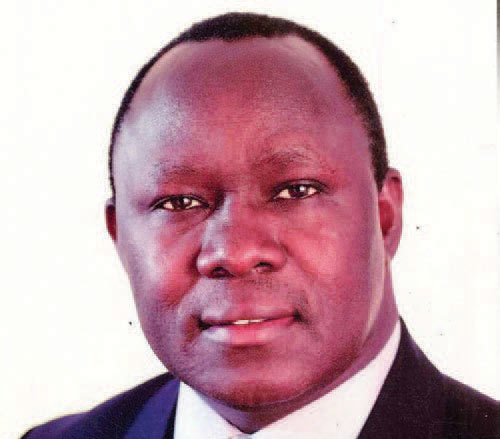British condom-manufacturer Durex has announced a recall of its products from shelves in Germany and Singapore over concerns they do not meet the required standards for protection.
In Germany, the recall of certain latex-free condoms was posted on the company's website a week ago along with similar recalls in Britain and elsewhere.
If customers have experienced the condom failure the company refers them to the advice on the packaging to "seek doctor or pharmacist assistance as soon as possible."
Durex says customers can send back unused condoms or return them to the store where they were purchased for a full refund.
Information on identifying possibly defective condoms can be found on the Durex websites in Britain or Germany.
In Singapore, the company issued a recall for three batches of its Real Feel condoms here, after these condoms failed to pass its shelf-life durability tests.
The recall was initiated last Wednesday (Aug 1), said Durex in a statement on its Singapore website.
"Our internal testing has shown that a limited number of non-latex Real Feel condoms may not meet the international ISO standard throughout their shelf life," said Durex.
"We apologise for the inconvenience this may cause you."
The Real Feel condoms made earlier this year, with the batch numbers 1000433144, 1000438055, and 1000422259, are affected. The batch numbers can be found on the bottom of the packs or on the foil wrapping of individual condoms.
Durex said that there was no immediate safety concern for consumers and that those who used condoms from the affected batches have "no reason to be worried".















